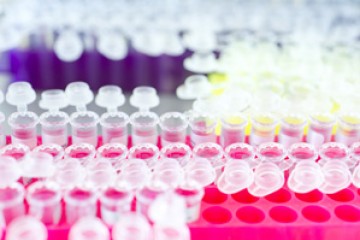Project grant
Human and mouse artificial lymph nodes: novel technology to reduce and replace the use of animal models in clinical and developmental immunology

At a glance
Completed
Award date
October 2012 - January 2016
Grant amount
£418,976
Principal investigator
Dr Mark Coles
Co-investigator(s)
Institute
University of York
R
- Replacement
Read the abstract
View the grant profile on GtR
